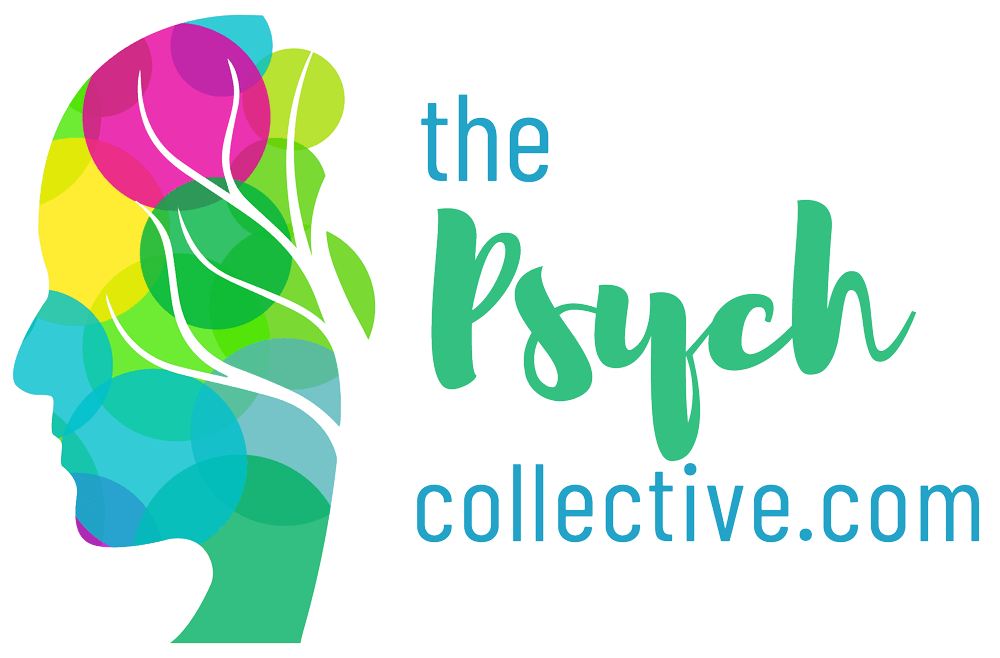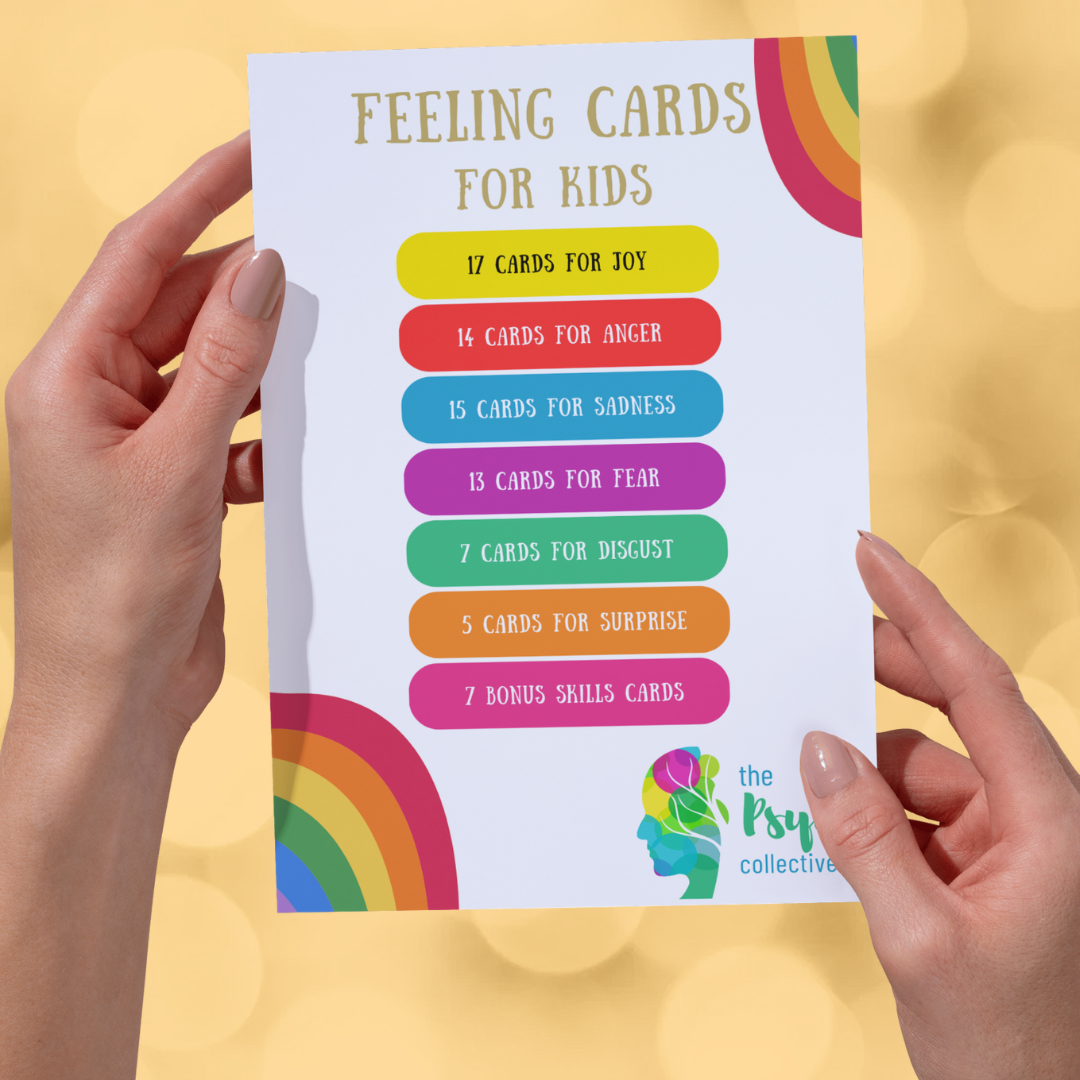The Role of Anti-Depressants
Many people believe that anti-depressants increase the amount of neurotransmitters in the brain that helps to improve mood because there was a shortage of neurotransmitters to begin with. We're not actually sure if this is true.
Anti depressants, particularly those such as Selective Serotonin Reuptake Inhibitors (SSRI) increase the amount of available serotonin in the brain which can decrease sensitivity and increase indifference. This means that things don't get under your skin so badly, which reduces irritability. Decreased sensitivity can also reduce anxiety, as you are less inclined to worry about stuff, but there’s a spectrum of effect:
- Reduced sensitivity (Usually desirable)
- Increased indifference (sometimes helpful)
- Emotional numbing (usually undesirable)
- Zombified (undesirable)
Where you land in that spectrum depends on dose, duration, type of medication and your individual neurochemistry.
When sensitivity is reduced, things don’t feel so bad. Things don’t feel so irksome. Things don’t feel so difficult. The chaos is more tolerable. One feels less defeated. Irritability is improved and thereby relationships can improve. But when one is too numbed out, life feels dreary and joyless.
Other type of anti-depressants, called Selective Noradrenaline Reuptake Inhibitors (SNRI) work by increasing energy to help with motivation, However, if you have an agitated depression it can make things worse.
In the video above, Dr Al explains this in more detail
Sometimes the drugs make things worse
Not all drugs are created equal. SSRIs work differently to SNRIs. While both work on mood, some SNRIs (like Effexor) can make anxiety worse, creating new problems.
Dr Al explains how in this video.
Share
Categories
About Our Resources
We offer actionable resources and teach real skills to help people make meaningful change in managing mental health issues through different modes depending on people's learning preferences including infographics, text, worksheets, handouts and video.













